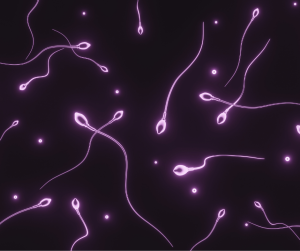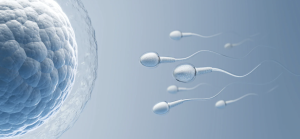
What is Varicocele?
Varicocele is the most commonly known cause of male infertility, and it is observed in approximately 30% of patients who seek medical attention due to complaints of infertility. Varicocele occurs due to the dilation of the veins in the testicles. Varicocele develops on the left side in about 90% of cases. Varicocele can manifest with symptoms such as swelling of the testicle, pain, and the prominent appearance of dilated veins under the skin. The exact mechanism through which varicocele leads to infertility is not fully understood. However, the most widely accepted theory is that the increased blood flow in the dilated veins causes an increase in testicular temperature,


